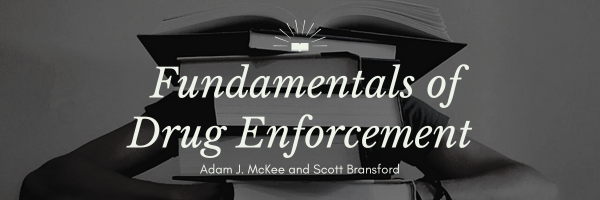Reading Assignment for Section 3.3
Read the following subsection from our online textbook: Section 3.3: The War on Drugs.
What You Will Learn
In this section, you’ll uncover the origins of the War on Drugs and how social, political, and racial factors shaped its trajectory. You’ll explore the policies of the 1980s and their effects on incarceration and racial disparities, as well as the global impact of U.S.-led drug control efforts. By the end, you’ll understand the major criticisms of this approach and consider alternatives like decriminalization and harm reduction strategies.
Student Learning Outcomes for Section 3.3: The War on Drugs
- SLO 1: Summarize the origins of the War on Drugs and explain how social, political, and racial dynamics of the 1960s and 1970s influenced its development.
- SLO 2: Analyze the policies and public campaigns of the 1980s, such as mandatory minimum sentencing and the “Just Say No” initiative, and their effects on mass incarceration and racial disparities.
- SLO 3: Evaluate the international expansion of the War on Drugs, particularly its impact on Latin America, including the role of U.S.-led crop eradication and militarization efforts.
- SLO 4: Identify and discuss major criticisms of the War on Drugs, including its failure to reduce drug use, its role in mass incarceration, and its neglect of addiction as a public health issue.
- SLO 5: Explore alternative approaches to drug policy, such as decriminalization, legalization, and harm reduction strategies, and assess their potential to address the shortcomings of the War on Drugs.
Modification History File Created: 10/09/2024 Last Modified: 11/24/2024
You are welcome to print a copy of pages from this Open Educational Resource (OER) book for your personal use. Please note that mass distribution, commercial use, or the creation of altered versions of the content for distribution are strictly prohibited. This permission is intended to support your individual learning needs while maintaining the integrity of the material.
This work is licensed under an Open Educational Resource-Quality Master Source (OER-QMS) License.

